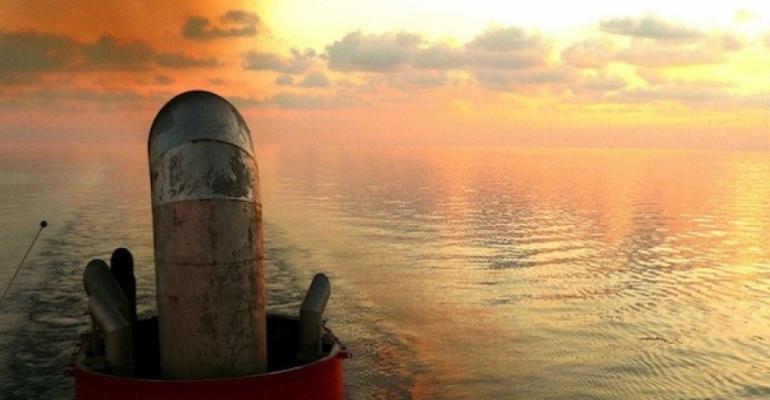Meeting at the Conference of the Parties (COP) 21 in Naples over the last week the Southern European, Middle Eastern and North African states agreed a timetable for studies into the creation of a Med ECA starting this month with the deadline to submit an information document prepared by COP to the International Maritime Organization (IMO).
The information document will then be presented to the Marine Environment Protection Committee (MEPC) 75 which starts on 30 March 2020. A series of meetings and information gathering will refine the COP proposals for a Med SECA before the proposal is submitted for approval at MEPC 78 in the spring of 2022, providing the proposals are agreed by COP 22.
The plan is to consider the amendment to MARPOL Annex VI at MEPC 79 in the autumn of 2022, with the acceptance of the amendment not earlier that 1 September 2023, “provided agreement was reached at MEPC 79, and unless prior to the proposed date, not less than one third of the Parties or Parties the combined merchant fleets of which constitute not less than 50% of the gross tonnage of the world's merchant fleet, have communicated to the Organization their objection to the amendment.”
If the road map runs to plan, the Med SECA could be enforced from 1 March 2024, but cannot enter into force before that date.
Prior to last week’s Naples meeting there was concern that some countries may try to scupper the Med SECA deal. “Certain countries are not signatories to MARPOL Annex VI, Egypt and Israel have not, but that would not stop them from signing up to a Med SECA,” one Naples participant told Seatrade Maritime.
The source went on to say that for the Med SECA to operate successfully all Mediterranean countries must participate. In addition, impact assessments for the Mediterranean have been requested by Greece and Malta before the SECA can be agreed by those states and this is seen as a possible stumbling block for the progress of the Med SECA in the future.
Copyright © 2024. All rights reserved. Seatrade, a trading name of Informa Markets (UK) Limited.
Add Seatrade Maritime News to your Google News feed.  |

